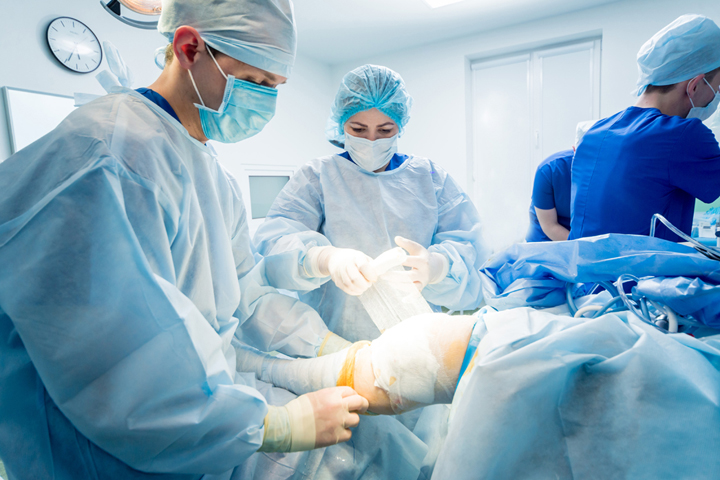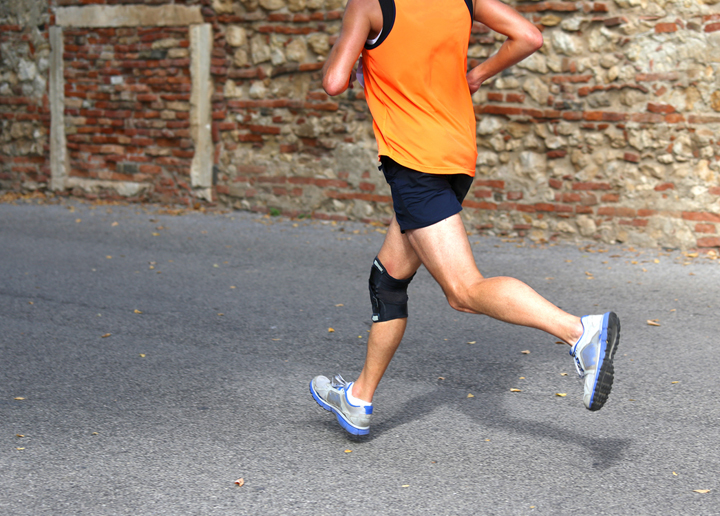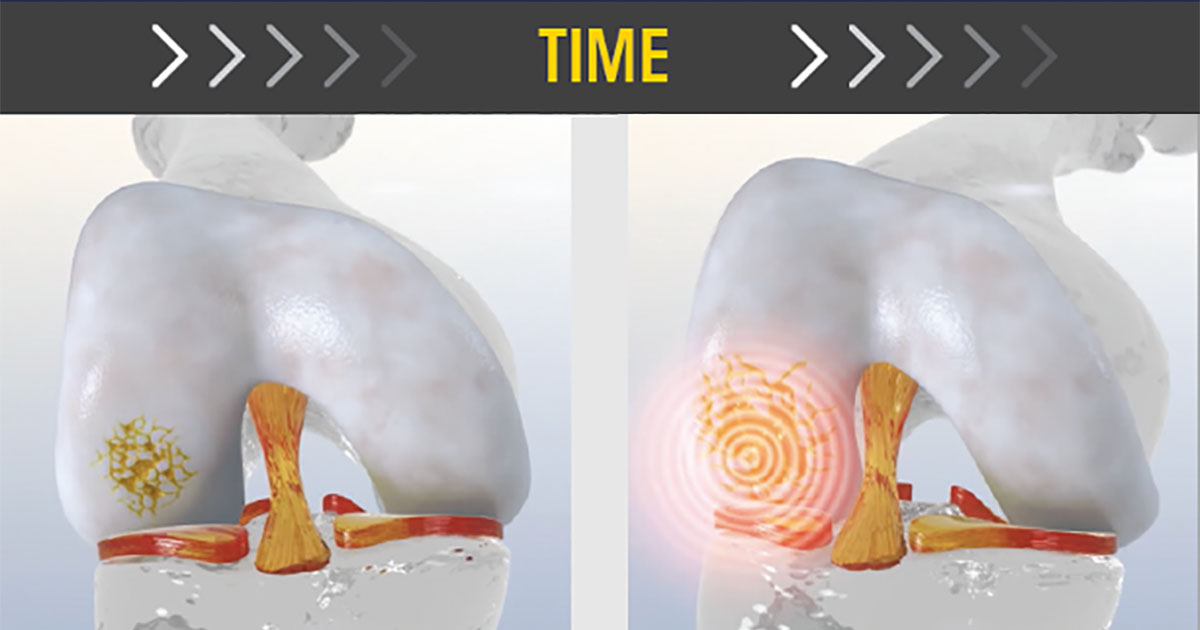MACI Myths: Debunking Three Knee Cartilage Repair Misconceptions
Separate the facts from fiction when it comes to MACI knee cartilage repair. We debunk three common MACI myths.
Reclaim the Moments That Matter by Treating Knee Cartilage Pain
By effectively treating knee cartilage damage, patients sidelined by knee pain may be able to reclaim the moments that matter most.
Why Move Forward with Knee Cartilage Repair After Arthroscopy
Cartilage damage does not heal on its own. An arthroscopy can provide temporary relief for people living with knee cartilage damage, but the pain often returns. MACI knee cartilage repair can provide lasting improvements to knee pain and function.
Time Matters: Why You Shouldn't Wait to Treat Your Cartilage Injury
A study found that patients undergoing cell-based knee cartilage repair who experienced a long delay between biopsy and implantation were at greater risk for cartilage defect expansion and the appearance of new defects.

Sign up to get information on the MACI procedure, patient support, and more with our free welcome packet.






